- Home
- slideshows
- miscellaneous
- This company converts Ram ProMasters into camper vans powered by Tesla batteries - see inside
This company converts Ram ProMasters into camper vans powered by Tesla batteries - see inside
Fraser decided to focus the company on three "well-defined" Ram ProMaster conversion builds: the BaseCamper, the BaseCamper Pro, and The Wanderer. These three options all cost between $33,750 to $42,750, not including the van.

The set layouts allow Ready.Set.Van to keep the cost of its conversions low, although interior accents can be customized and optimized.
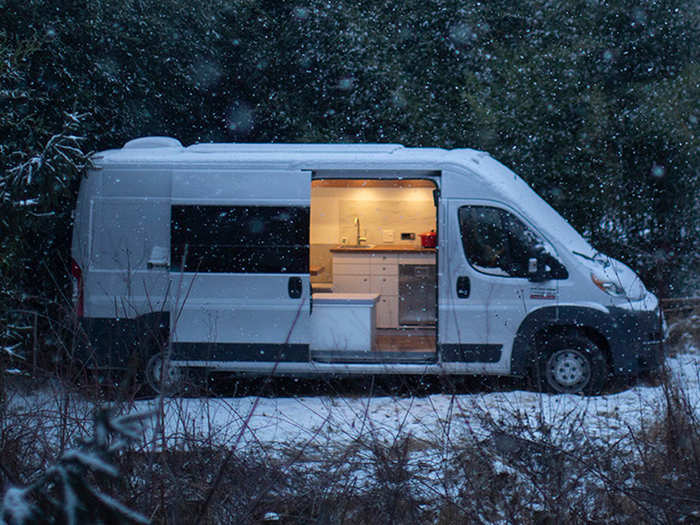
The Basecamper build is the most popular and least expensive at $33,750. The two- to four-person space includes a large rear garage that can fit two bikes, a raised bed that sits over the garage, and a lounge and dining area that can seat two to three people. The garage also has AC outlets and 12-volt and USB charging.
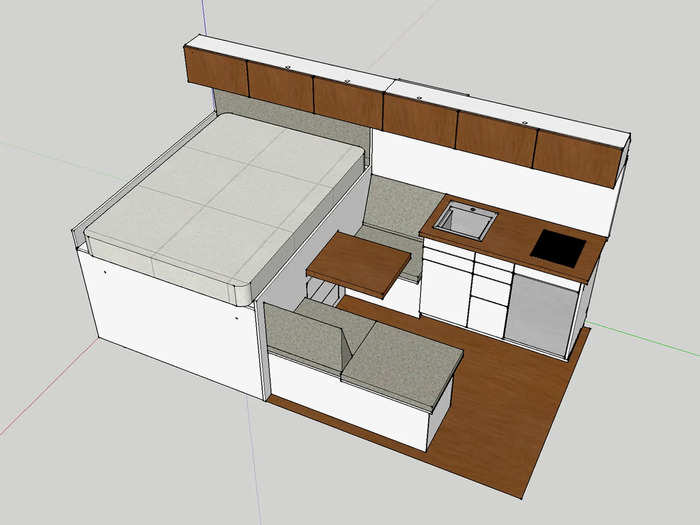
The next conversion in the series is the $42,250 Basecamper Plus that has the same amenities as the Basecamper with the add-ons of an indoor shower, toilet, and hot water heater. The seating area is also in a different location: the driver's seat can swivel back to face the dining table, allowing the table to accommodate three people.
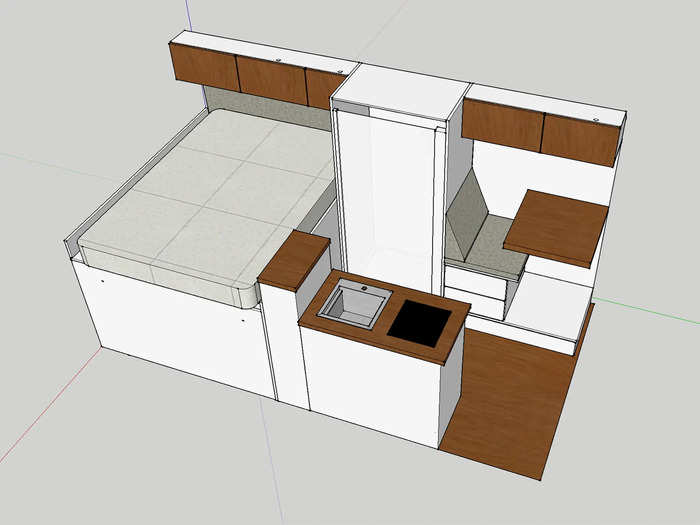
The most deluxe conversion, The Wanderer, starts at $42,750. Instead of a garage, there's a quick fold-up Murphy bed which converts into a dining table that can seat four to six people. A hot water heater is also standard in The Wanderer.
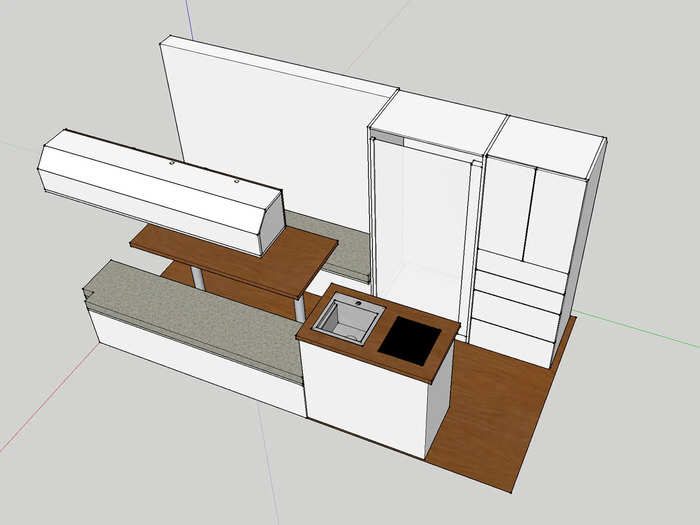
Standard features on all builds include a 420-amp-hour battery, 3,000-watt inverter, solar power at 400 watts, and a kitchen with an induction cooktop, 80-liter fridge, and a stainless steel sink.
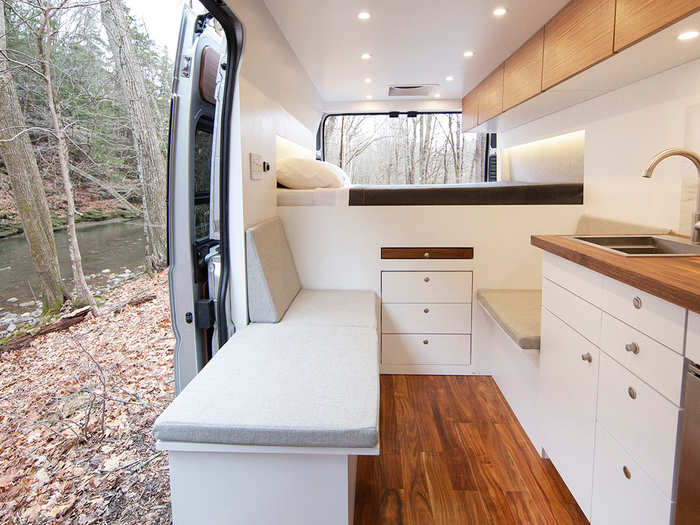
Many traditional van conversions come with 100- or 200-amp-hour batteries and a 1,000-watt inverter, according to Ready.Set.Van. However, its conversions have the option for 420-, 840-, or 1,260-amp-hour battery systems.
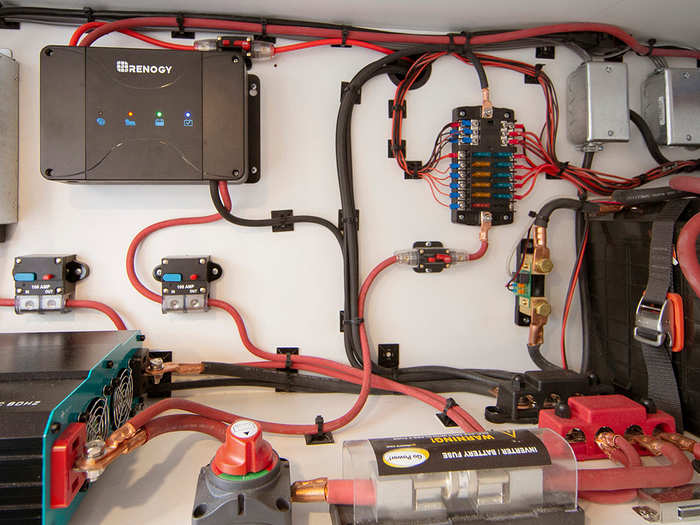
This increased battery capacity allows for more amenities, including kitchen appliances, air conditioners, and hot water.
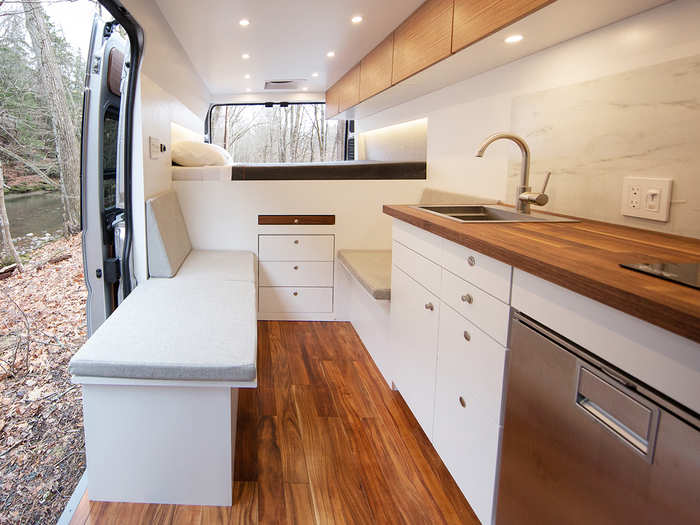
The battery modules are sourced from wrecked Tesla cars, according to Fraser. The Ready.Set.Van team worked with an electrical engineer to design its own battery management system to overcome the technical issues that came with using a Tesla battery, such as keeping the battery cells balanced to ensure its health.
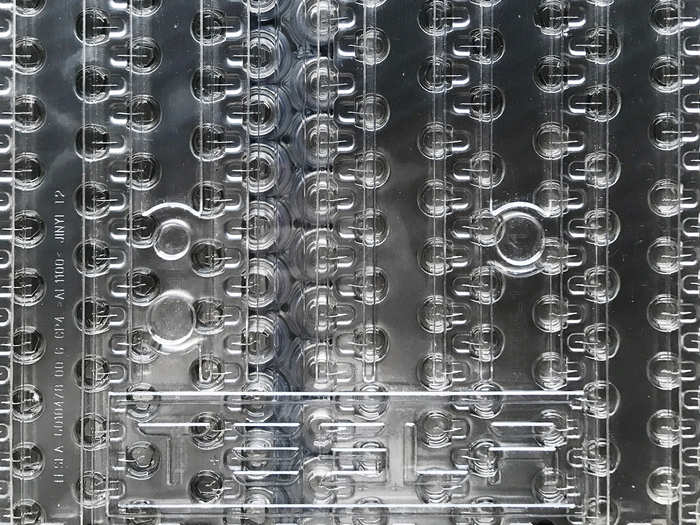
"It's a pretty big investment for us ... but ultimately that's going to end up being a big value for us going forward," Fraser said.
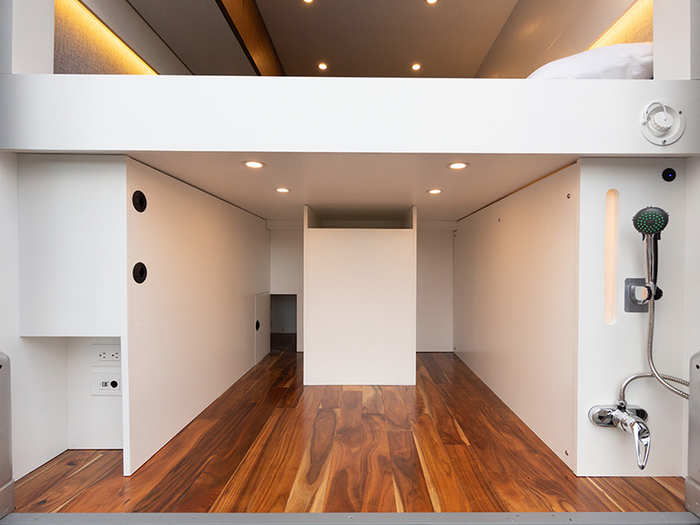
A 420-amp-hour, 5,200-watt-hour battery system allows the air conditioning unit to run for around four hours. The next level, the "Upgrade" 840-ampere hour 10,4000-watt-hour system, allows the same unit to run for around eight hours.
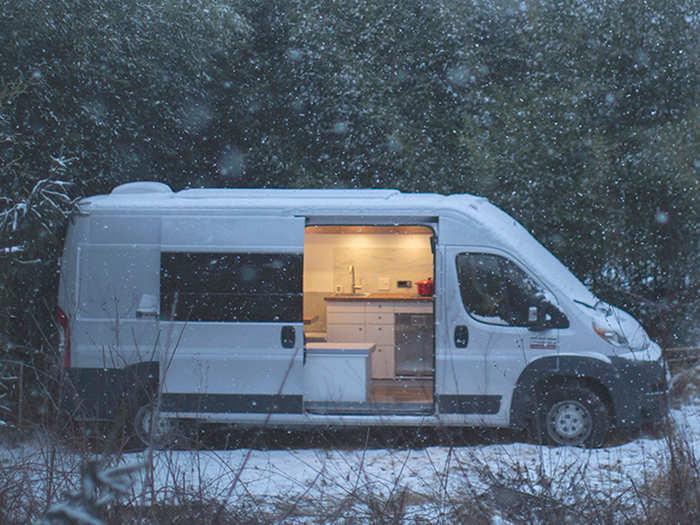
The final "Maniac" battery system upgrade with a 1,260-amp-hour, 15,600-watt-hour system allows the air conditioner unit to run around 12 hours. All of these battery options serve as a replacement for a propane tank aboard the van conversion.
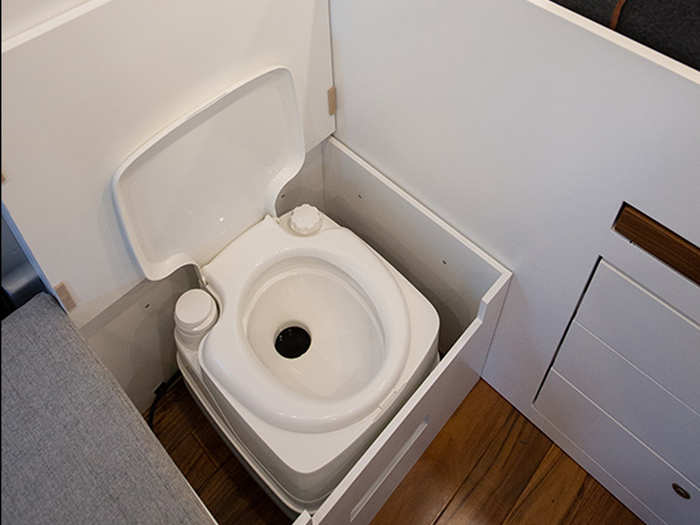
The Ready.Set.Van team had an original goal of including air conditioning units on its builds, according to Fraser. Many of its customers have pets that they want to travel with, and an air conditioner unit allows the human passengers to leave their pets in the tiny home on wheels during hot summer days.
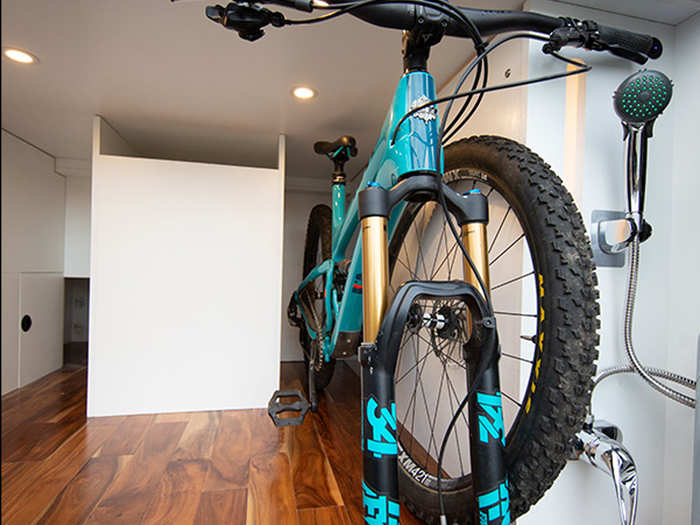
Ready.Set.Van also does custom builds on ProMaster, Ford Transit, and Mercedes-Benz Sprinter bodies. A Sprinter design layout will be released in 2021, according to Fraser.
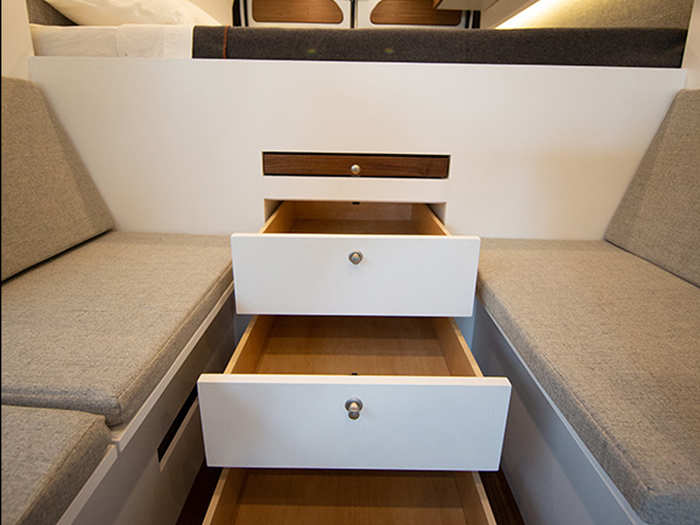
As of now, Ready.Set.Van is converting a van a month. It hopes to bump that to one a week by next year.
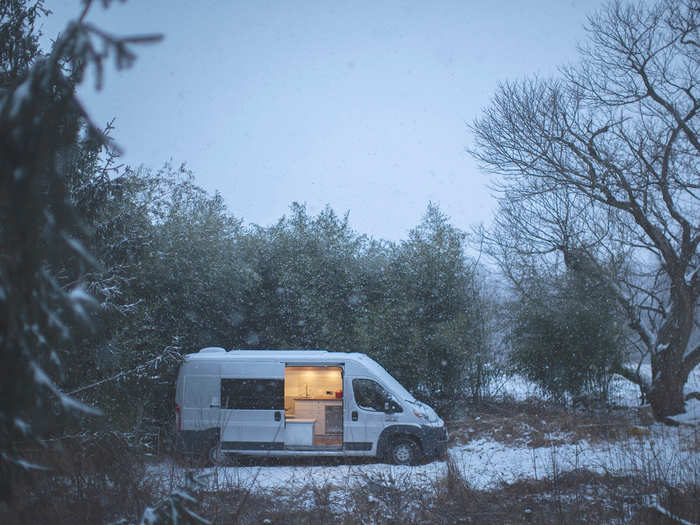
Popular Right Now
Popular Keywords
Advertisement